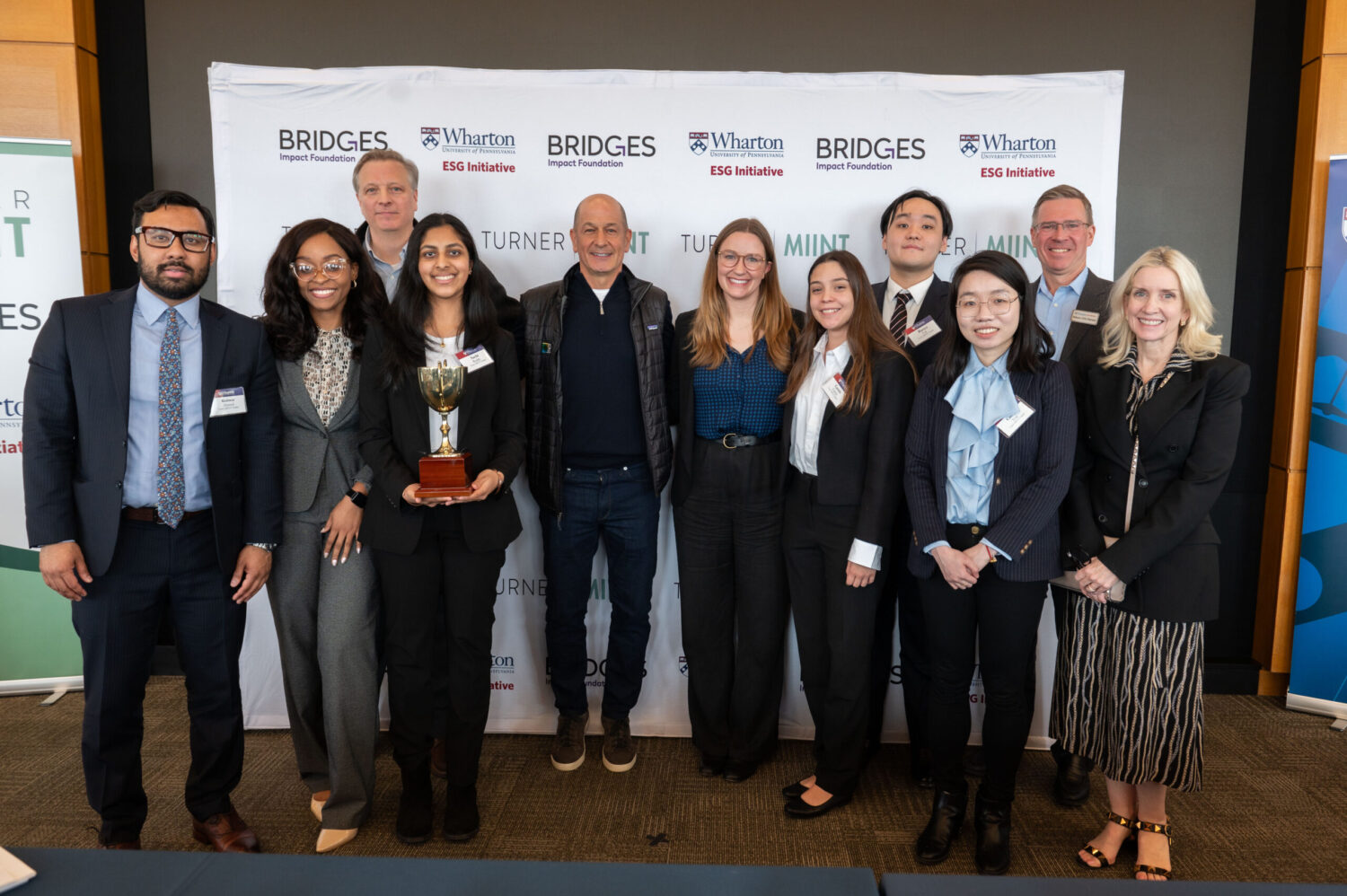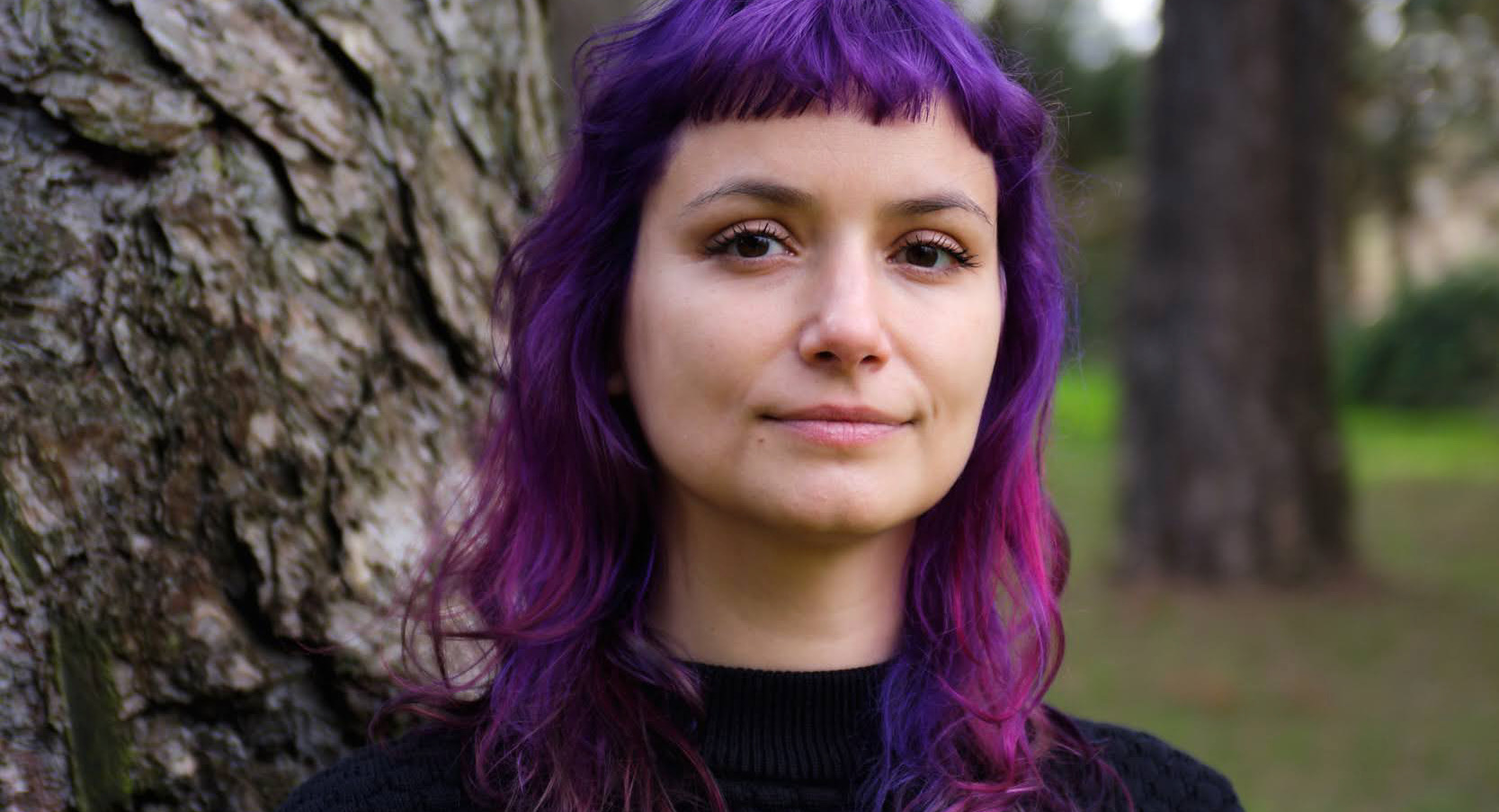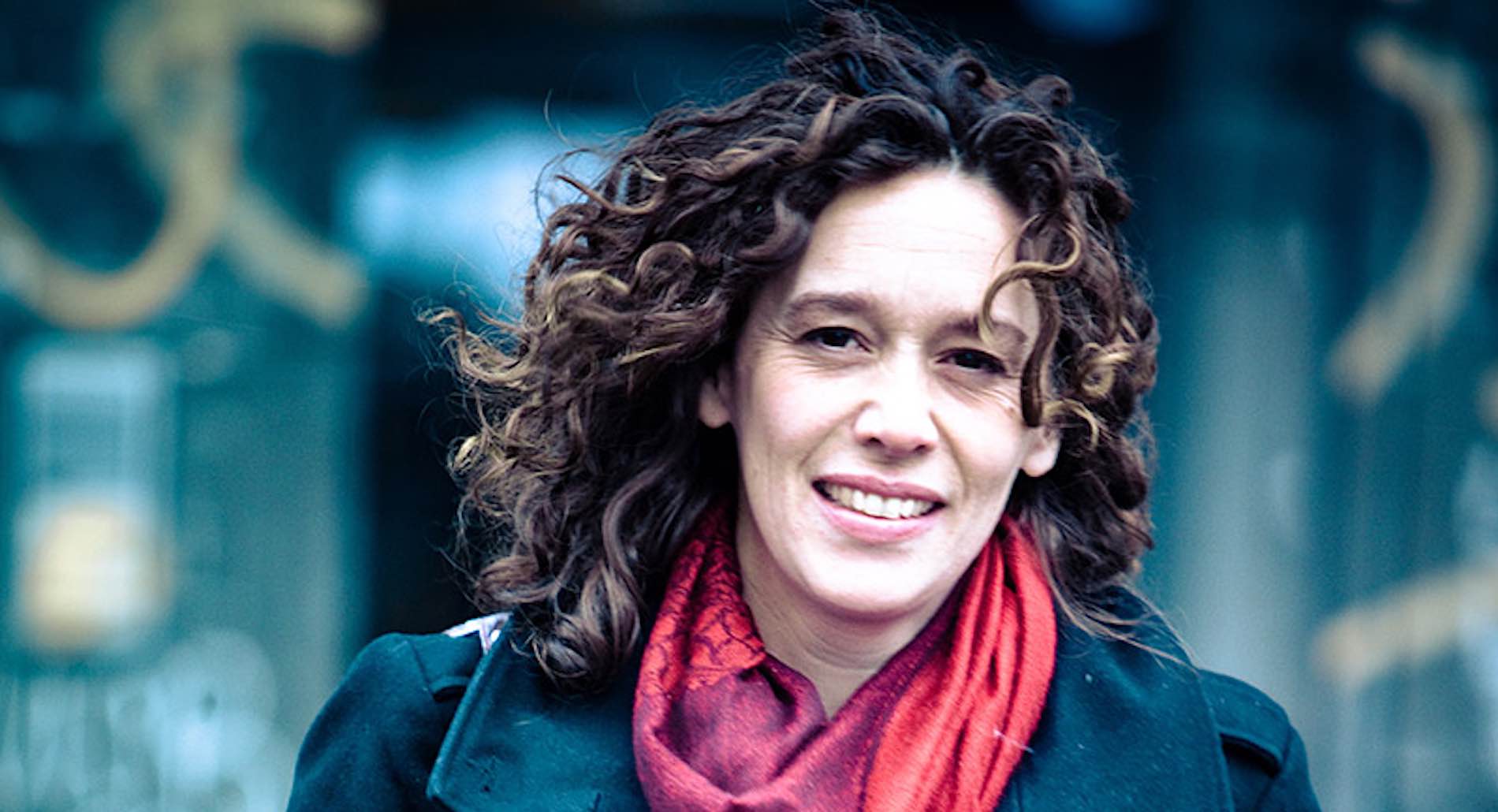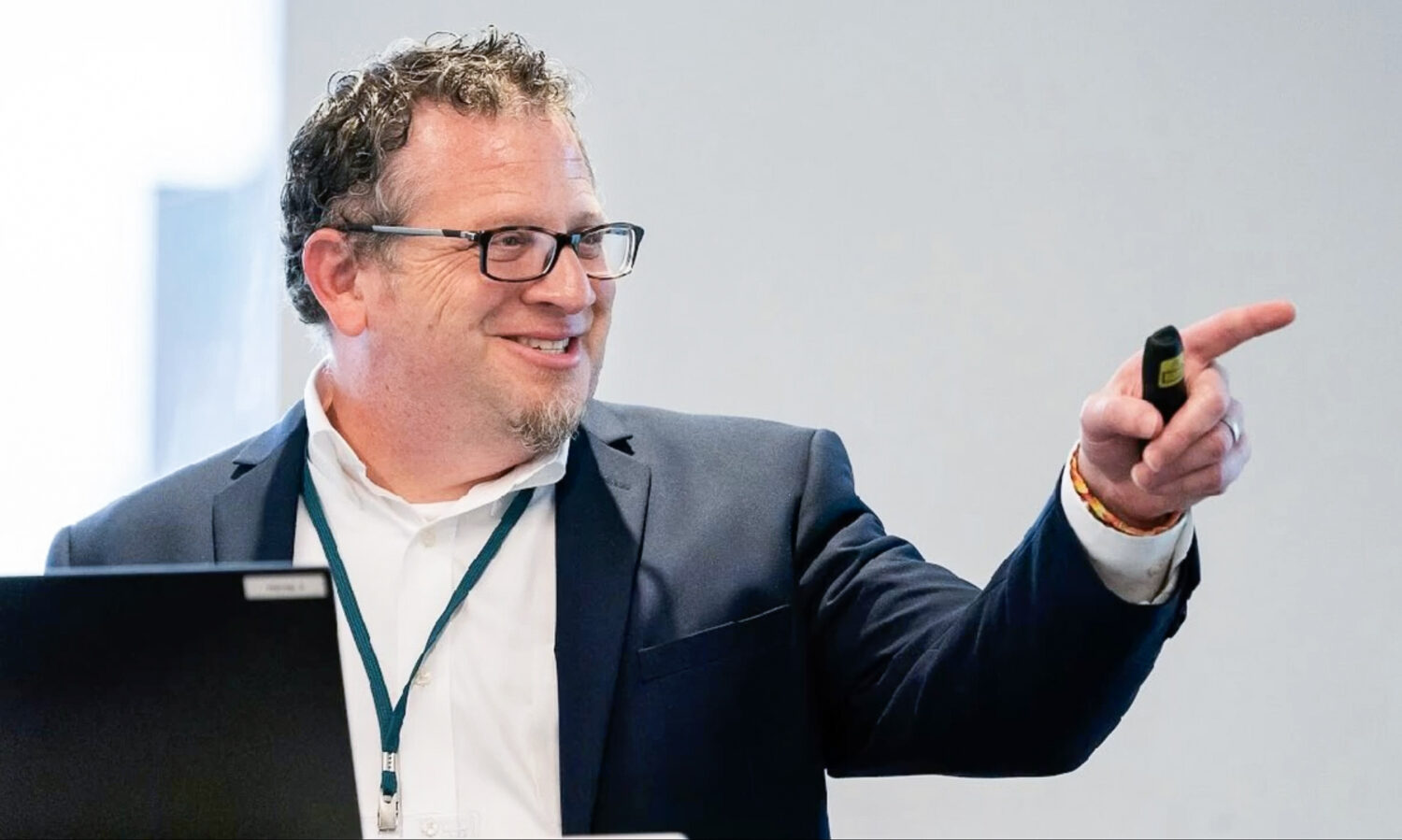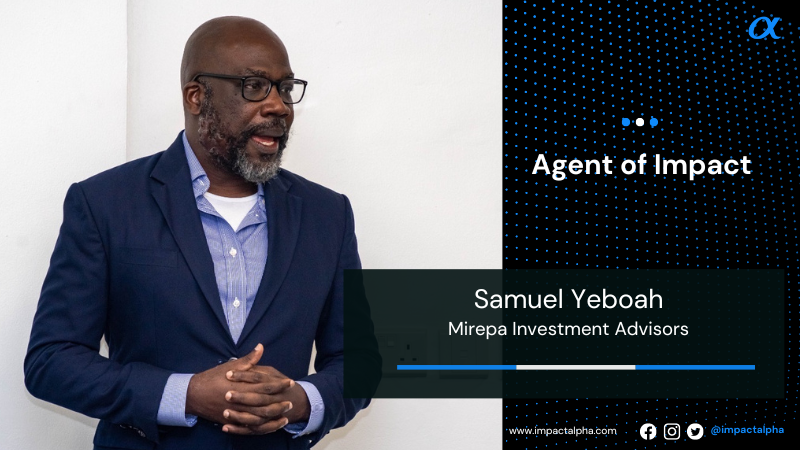Blake Jones is “a cooperative geek.”
After co-founding four co-op enterprises, including Namaste Solar and Clean Energy Credit Union, he has brought the principles of cooperative ownership to impact investing. Boulder, Colo.-based Kachuwa has grown to more than 200 members and more than $30 million in assets.
Some members have invested more than $1 million, others as little as $5,000. They each get one vote on governance matters (per co-op principles, net income is distributed via “patronage dividends”).
The impetus for Kachuwa was Jones’ own experience raising capital to grow Namaste, a leading Colorado solar installer.
“We were getting calls every week from VC funds and private equity funds,” Jones says. “With every single one of them we realized we would have lost control of the mission. We couldn’t run the company the way we wanted to, which was with employees in control of it.”
Instead, Jones raised $4 million from 125 investors attracted to Namaste because it was employee-owned. “And then I thought, ‘I want to do that type of investing myself.’”
Democracy in action
First friends and family, and then others wanted to tag along. Kachuwa holds an offering each summer, when as many as 35 non-accredited investors can join the fund (along with an unlimited number of accredited investors).
The evergreen fund has stakes in many enterprises familiar to ImpactAlpha readers, including Uncommon Cacao, Meow Wolf, and Organically Grown Company; funds like Apis & Heritage and Harlem Capital; and financial institutions like Walden Mutual Bank and Climate First Bank – “things that have higher impact than what you can find on Wall Street,” Jones says.
With no full-time employees, Kachuwa’s hands-on board meets monthly. That led to calls for compensation for board members as a way to promote diversity and inclusion. Members debated the issues for more than a year before voting, unanimously, to pay $100 per meeting.
“The board just can’t can’t go and say ‘Hey, we’re going to pay ourselves these big salaries. The members had to democratically approve,’” Jones said. “I’m confident that in our democracy, we’re gonna have a bunch of folks holding us accountable.”




